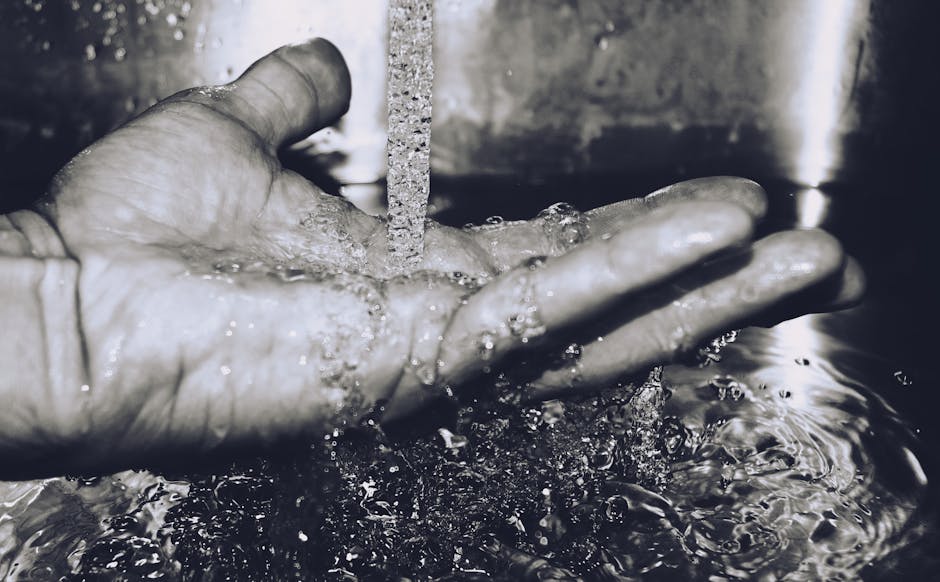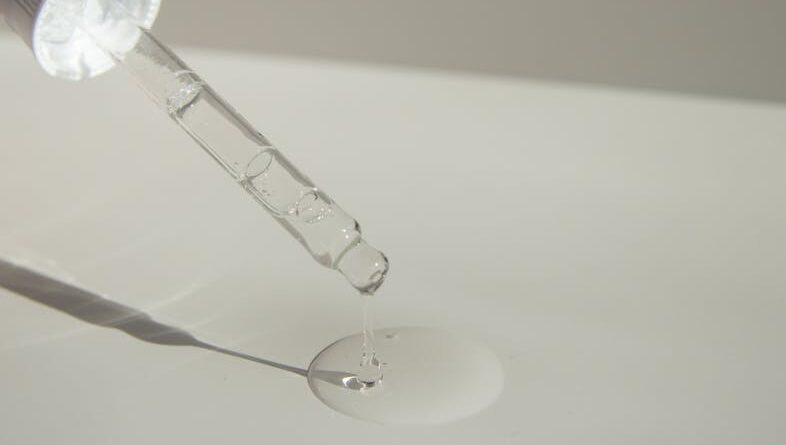Essential HVAC Care for Peak Performance
Did you know that nearly half of your energy bill comes from heating and cooling your home? Keeping your HVAC system in top shape can save you money and keep your home comfortable. Whether it’s sweltering summer or chilly winter, a reliable HVAC system makes all the difference.
In this article, well explore essential HVAC care tips that ensure your system runs smoothly. Youll learn how to maintain your unit, recognize signs of trouble, and improve efficiency. Ready to dive in? Lets get started!
What is HVAC and Why Does It Matter?

HVAC stands for heating, ventilation, and air conditioning. These systems control the climate in your home. They keep you warm in winter and cool in summer. A well-maintained HVAC system not only enhances comfort but also improves indoor air quality.
When your HVAC system runs efficiently, it uses less energy. This means lower utility bills! Plus, regular care can extend the life of your unit, saving you the cost of early replacement.
How Often Should You Service Your HVAC System?

Timing is everything when it comes to HVAC care. Most experts recommend servicing your system at least once a year. Ideally, you should schedule maintenance in the spring for air conditioning and fall for heating.
These appointments help identify issues before they turn into costly repairs. Think of it like a check-up for your system.
What Are the Key Components to Maintain?

HVAC systems have several critical parts that need attention:
- Filters: Change your air filters every 1-3 months. Dirty filters restrict airflow and make your system work harder.
- Coils: Clean the evaporator and condenser coils at least once a year. Dirt on these coils can reduce efficiency.
- Ducts: Inspect and clean your ductwork every few years to prevent dust buildup.
- Thermostat: Check that your thermostat is working properly and consider upgrading to a smart thermostat for better control.
Regular maintenance on these components can significantly improve performance.
What Are Common Signs Your HVAC System Needs Attention?

How do you know when your HVAC system needs help? Here are some signs to watch for:
- Your home isn’t cooling or heating evenly.
- You hear strange noises coming from your unit.
- Your energy bills have suddenly increased.
- Theres a strange odor when the system runs.
If you notice any of these signs, it might be time to call a professional. Ignoring problems can lead to bigger, more expensive issues down the road.
Can I Do HVAC Maintenance Myself?
Absolutely! There are several maintenance tasks you can do on your own:
- Change air filters: This is the easiest job and can make a big difference.
- Clear debris: Keep the area around your outdoor unit clean and free from leaves and dirt.
- Inspect vents: Make sure your vents aren’t blocked by furniture or curtains.
However, some tasks are best left to the pros. For example, refrigerant levels and electrical components should be handled by licensed technicians.
How Does Regular Maintenance Save Money?
Regular HVAC maintenance can save you a lot of money in the long run. According to the U.S. Department of Energy, proper maintenance can reduce energy bills by up to 30%. Heres how:
- Improved Efficiency: A well-maintained system runs more efficiently, using less energy.
- Fewer Repairs: Catching issues early can prevent expensive repairs later.
- Extended Lifespan: Regular care can help your HVAC system last longer, delaying the need for a new unit.
Think of maintenance as an investment in your home comfort.
What Are Common HVAC Myths?
There are many myths surrounding HVAC systems. Here are a few you should know:
- Running it constantly saves energy: This is false. Turning it off when not needed saves more energy.
- Closing vents improves efficiency: Actually, this can cause pressure issues and reduce efficiency.
- All filters are the same: Different systems require different filters. Always use the right one.
Understanding the facts can help you make better decisions for your HVAC system.
How Can I Improve Indoor Air Quality?
Good air quality is essential for a healthy home. Here are some ways to enhance it:
- Use high-efficiency filters: Look for HEPA filters, which trap more dust and allergens.
- Ventilate: Open windows when weather permits to let fresh air in.
- Use air purifiers: These can help reduce allergens and pollutants in the air.
Improving your indoor air quality can lead to a healthier living environment.
What Should I Expect During a Professional HVAC Service?
When you schedule a professional service, heres what typically happens:
- Inspection of all major components, including filters, coils, and ductwork.
- Testing of refrigerant levels and electrical connections.
- Cleaning of critical parts to improve efficiency.
This thorough check-up ensures your system is ready for the seasons ahead.
Where Can I Learn More About HVAC Care?
For more detailed information on HVAC systems, check out the U.S. Department of Energy website. They provide a wealth of resources on energy efficiency and system maintenance.
For tips on optimizing your HVAC for energy savings, check out our post on energy-saving tips for homeowners.
Conclusion: Take Action for HVAC Care
Caring for your HVAC system is crucial for comfort and efficiency. By following these essential tips, you can keep your system running smoothly, save money on energy bills, and improve your homes air quality.
Remember, regular maintenance is key. don’t wait for problems to arise. Schedule your HVAC service today and enjoy a comfortable home all year round!



